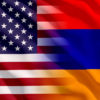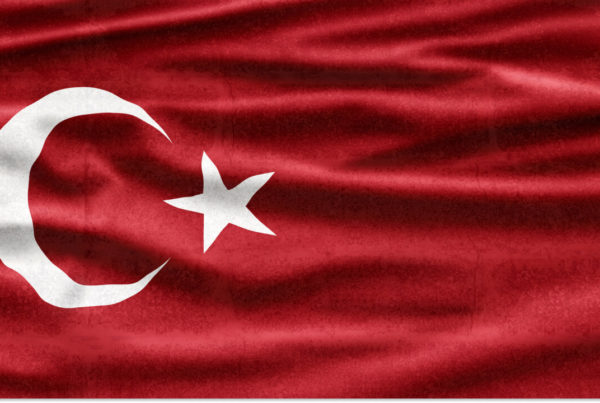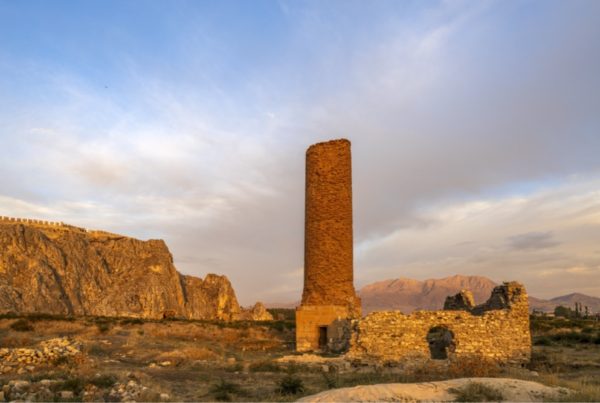American Historian Richard Hovannisian argues that Turkish ethno-nationalism motivated the acts of genocide that the nation inflicted on its Greek, Armenian, and Assyrian populations following the First Balkan War of 1912. Defeat by the Balkan League—Greece, Montenegro, Serbia, and Bulgaria—translated into the Ottoman mindset that the (declining) empire would soon vanish. In 1913, on the basis of this fear, the ruling Committee of Union and Progress Party (CUP) enacted a xenophobic and racist policy of “Turkification.” This policy was founded on the notion that the way to stall the Ottoman decline was to rid the nation of its Christian minorities. They believed that by eradicating its minorities it would successfully eradicate internal subversion. This policy ultimately showed itself as an element of the “lethal” Turkish nationalism that resulted in the Late Ottoman Genocides.
Not only does modern-day Turkey deny culpability for its genocidal history, but the nation continues to operate along similar imperialist and nationalist lines. This is especially true in regard to its foreign policy, which aggressively pursues irredentist ambitions with little respect for international law. Recently, we have seen this playout via the Aegean dispute between Greece and Turkey.

The Aegean Sea in Greece
For fifty years Greece and Turkey have been in contest over who has sovereignty over and the legitimate rights to the area of the Aegean Sea. A significant point of conflict exists over differing interpretations of maritime law. While Greece adheres to the points detailed in Article 121 of the Law of the Sea Convention (LOSC) that entitles all islands to maritime zones, thus granting all Greek islands a continental shelf and exclusive economic zone (EEZ), Turkey denies these rights.
In August of 2020, this dispute came to a head following Ankara’s decision to begin oil exploration in the contested waters. Driving this act was Turkey’s embrace of the assertive naval concept known as the “blue homeland.” The blue homeland is an irredentist and expansionist stance that claims Turkish dominion over Greek and Cypriot maritime borders and hydrocarbon deposits.
This type of aggressive doctrine and action on the part of Turkey exemplifies the ongoing Turkish nationalism that has been so dangerous in the past. Not only is Turkey willing to escalate tensions to the point of war, but the state continues to target Greece in its nation-building ambitions.









